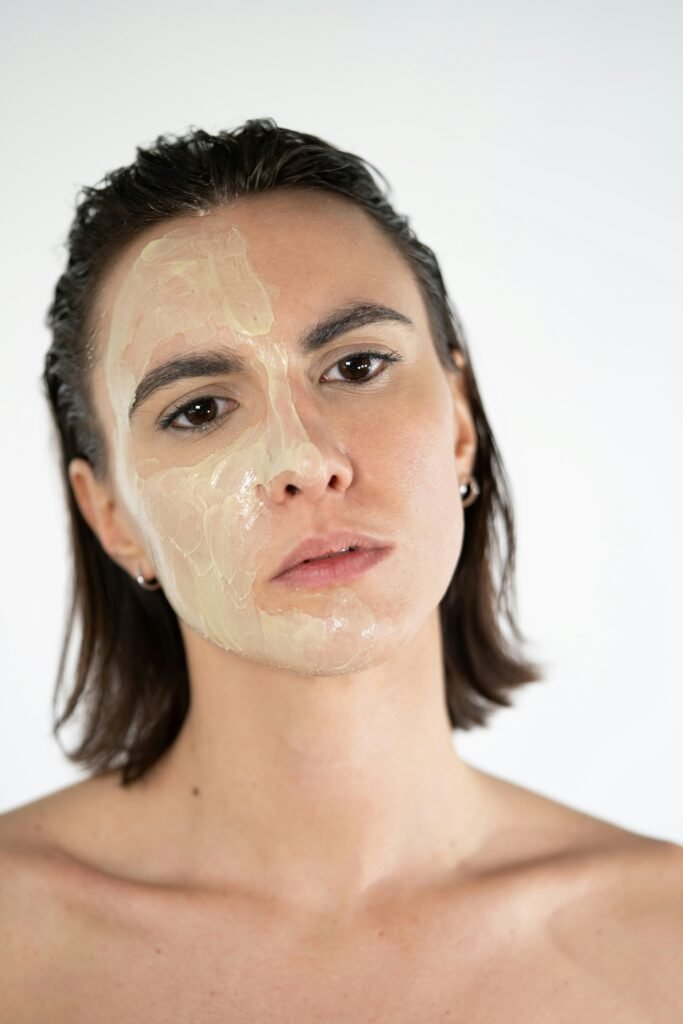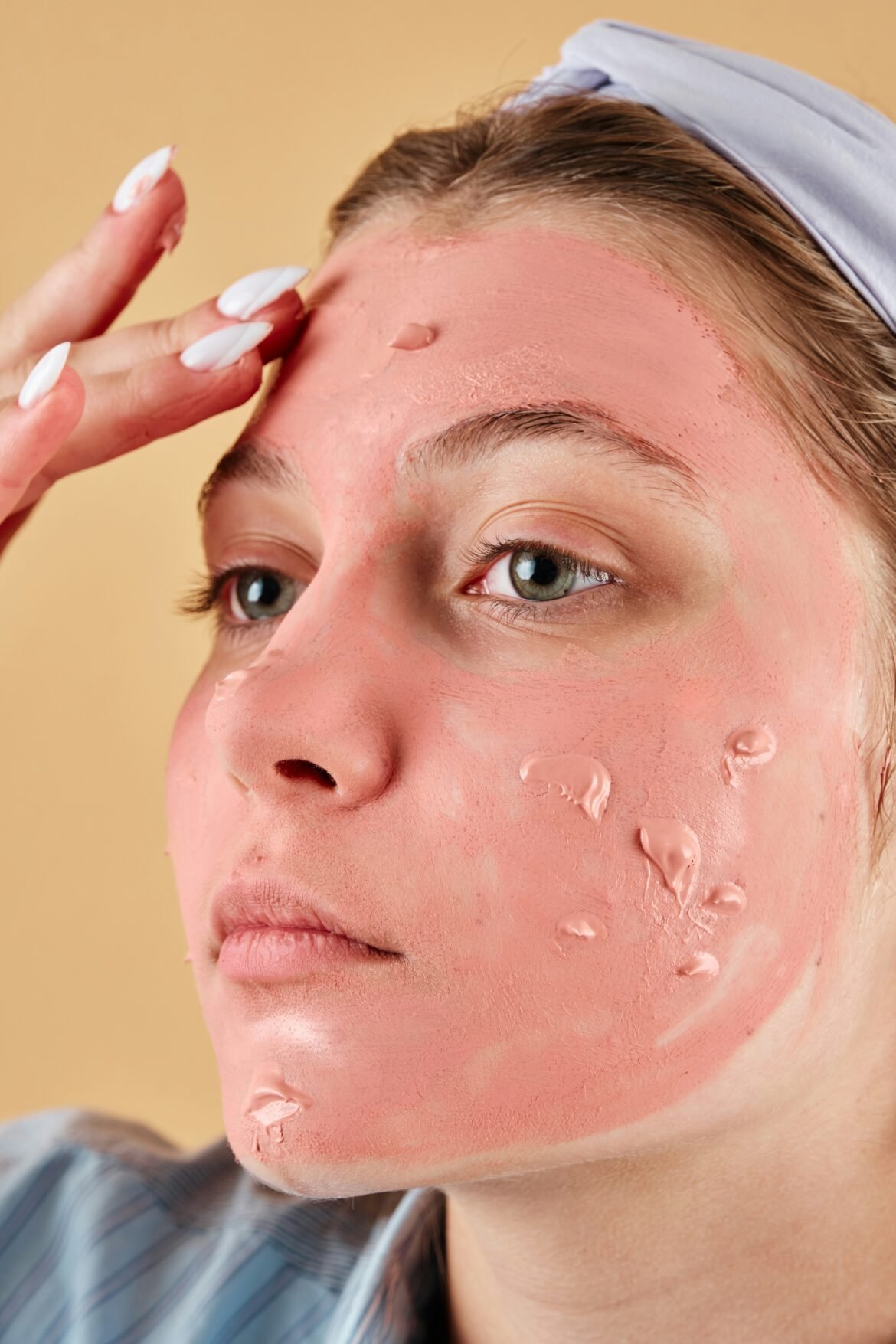Skincare Mistakes I Stopped Making—And You Should Too
The Journey to Better Skin Begins With Honesty
I remember standing in front of my bathroom mirror, squinting at yet another breakout despite having spent a small fortune on luxury skincare products. The frustration was real. My medicine cabinet looked like a mini Sephora, yet my skin wasn’t thanking me for it. Something had to change.
For years, I believed more products meant better skin. I layered serums, creams, and treatments with abandon, convinced I was giving my skin everything it needed. Turns out, I was doing more harm than good. My skin was overwhelmed, irritated, and frankly, exhausted from all my well-intentioned but misguided efforts.
The turning point came after a particularly bad reaction to a trending product that promised miracles but delivered redness. I decided to strip everything back and rebuild my routine from scratch. No more blindly following trends or panic-buying the latest “miracle” product that promised to transform my skin overnight.
What followed was months of research, consultations with dermatologists, and painful honesty about my habits. I discovered that many of my trusted skincare rituals were actually damaging my skin barrier and causing the very problems I was trying to fix.
Today, my skin isn’t perfect—because nobody’s is—but it’s healthier, clearer, and more resilient than ever before. By abandoning these common skincare mistakes, I’ve not only saved money but finally achieved what years of excessive products couldn’t deliver: skin that feels comfortable in its own cells.

The Real Story Behind Skincare Transformation
When it comes to skincare, less is often more. After years of complicated 12-step routines that left my bathroom counter cluttered and my wallet empty, I discovered that simplicity is the ultimate sophistication for your skin.
Most of us have been conditioned to believe that more products equal better results. We’re bombarded with new must-have ingredients every season, convinced that our current routine is lacking something essential. This mindset keeps us constantly consuming but rarely improving.
The truth is that many skincare problems stem from overcomplicating what should be straightforward. Our skin has functioned for thousands of years without 15 different products applied in a specific order. When I finally accepted this wisdom, my skin—and my budget—thanked me.
Ultimately, the most powerful skincare transformation happens when you stop working against your skin and start listening to what it actually needs. Sometimes that means doing less, sometimes it means being more consistent, but it always means being honest about what’s really happening with your skin.
My Family’s Reaction to My Skincare Revolution
“Your skin looks… different,” my husband remarked one morning, squinting slightly as if trying to identify what had changed. This wasn’t the immediate “You’re glowing!” reaction I’d hoped for after weeks of overhauling my skincare routine, but it was honest.
By week three of my new minimalist approach, even my skeptical teenage daughter—who normally notices nothing beyond her phone screen—paused during breakfast to ask what I was doing differently. “Your face isn’t as red anymore,” she observed with typical teenage bluntness. Coming from her, this was equivalent to a standing ovation.
The real validation came during a video call with my mom, who has always been brutally honest about my appearance. “Whatever you’re doing, keep doing it,” she said without prompting. “Your skin looks like it did before you had kids.” I nearly fell off my chair.
Why This Skincare Revolution Works
The effectiveness of this simplified approach isn’t just anecdotal—it’s backed by dermatological science. By eliminating harsh actives, overlapping ingredients, and unnecessary steps, you allow your skin’s natural barrier to strengthen and function as it was designed to.
Modern skincare marketing has convinced us that our faces need constant intervention, when in reality, our skin has sophisticated self-regulating mechanisms. When we interfere too much with these natural processes, we often create the very problems we’re trying to solve.
The minimalist skincare philosophy respects your skin’s innate intelligence. Instead of fighting against your skin’s natural functions, this approach works with them, providing support rather than overwhelming your face with conflicting chemical messages.
What You Need For Healthy Skin
- Knowledge of your actual skin type (not what you think it is)
- Gentle cleanser appropriate for your skin type
- Basic moisturizer without irritating fragrances
- Broad-spectrum sunscreen (minimum SPF 30)
- Patience and consistency
- Willingness to ignore trends that don’t serve your skin
- Understanding that internal factors affect skin as much as topical products
How to Transform Your Skincare Routine
Begin by taking a skincare holiday. This might sound terrifying, but give your skin 1-2 weeks with only the bare essentials: a gentle cleanser, basic moisturizer, and sunscreen. This reset period allows your skin to recalibrate and shows you its true baseline condition.
Next, reintroduce products one at a time, waiting at least a week between additions. This methodical approach helps identify which products actually make a positive difference versus those that might be causing irritation or breakouts. Keep a simple skin journal to track changes.
When selecting which products to bring back, prioritize based on your specific skin concerns rather than trendy ingredients. Remember that consistency with a few effective products will always outperform a rotating door of new products that never get a chance to work.
Finally, recognize that what works for others may not work for you. Your friend’s holy grail product might be your skin’s worst nightmare. Honor your skin’s unique needs and responses rather than forcing it to conform to someone else’s ideal routine.
Tips For Lasting Skincare Success
The most important skincare step isn’t found in a bottle—it’s consistency. A simple routine followed faithfully will always outperform an elaborate system used sporadically. Your skin responds to habits, not occasional treatments, so find a manageable routine you can maintain through busy weeks, travel, and life’s ups and downs.
Don’t overlook the impact of lifestyle factors on your skin. All the expensive serums in the world can’t compensate for chronic sleep deprivation, dehydration, or constant stress. Sometimes the most effective skincare move is setting an earlier bedtime or investing in stress management techniques.
Substitutions and Variations
If you’re dealing with specific skin concerns like acne or hyperpigmentation, you don’t need to add multiple targeted products. Instead, choose one multi-tasking ingredient like niacinamide, which addresses several issues simultaneously without overwhelming your skin.
For those with extra sensitive skin, consider the “buffer technique”—applying moisturizer before potent actives like retinol to reduce irritation while maintaining efficacy. This simple sequencing change can make previously intolerable ingredients workable for reactive skin types.
Make a Healthier Version
For an even more skin-friendly approach, consider products with shorter ingredient lists. Each additional ingredient increases the potential for irritation or reaction. “Skinimalism” isn’t just trendy—it’s scientifically sound for maintaining skin health.
Look for fragrance-free options whenever possible, as fragrances (including natural essential oils) are among the most common skin irritants. This single swap can dramatically reduce irritation and reactivity, especially for sensitive skin types.
Closing For Better Skin Through Simplicity
And there you have it! Your path to healthier skin doesn’t require more products—just smarter choices and honest reflection about what your skin truly needs versus what marketing has convinced you to want. Remember that your skin is remarkably resilient and often performs best when we interfere less. Don’t forget to let us know how your simplified routine works out, and consider checking out some of our other skincare wisdom for continuing your journey.

Frequently Asked Questions For Skincare Mistakes
1. How long should I wait to see results after simplifying my skincare routine?
Give your skin at least 28 days (one full skin cell turnover cycle) to show meaningful changes after simplifying your routine.
2. Is it really necessary to wear sunscreen every day, even in winter?
Absolutely. UV damage occurs year-round, even on cloudy days and through windows. Daily sunscreen is non-negotiable for skin health.
3. Can I still use anti-aging products in a minimalist routine?
Yes, but choose one effective anti-aging ingredient (like retinol or vitamin C) rather than multiple overlapping products.
4. What’s the biggest mistake people make when cleansing?
Using water that’s too hot, which strips natural oils and damages your skin barrier. Lukewarm water is always best.
5. How often should I exfoliate if I want healthy skin?
Most people over-exfoliate. Limit physical exfoliation to once weekly and chemical exfoliation to 2-3 times weekly maximum.
6. Can diet really affect my skin that much?
Absolutely. Research shows strong connections between diet and skin conditions like acne, rosacea, and premature aging.
7. Is double cleansing necessary for everyone?
No. Double cleansing is mainly beneficial for those who wear heavy makeup or water-resistant sunscreen regularly.
8. What’s the correct order to apply skincare products?
Generally: cleanser, treatments (from thinnest to thickest consistency), moisturizer, and finally sunscreen (during day).
9. Do I need different products for morning and night?
Not necessarily. The only essential difference is sunscreen during the day and potentially more hydration at night.
10. Can I skip moisturizer if I have oily skin?
No. Even oily skin needs hydration—skipping moisturizer can actually increase oil production as skin compensates.
11. How long should I use a product before deciding if it works?
Give most products at least 4-6 weeks before making a judgment, unless you experience immediate irritation.
12. Is it worth spending more money on expensive skincare brands?
Not always. Price doesn’t necessarily correlate with effectiveness—many affordable options contain the same active ingredients as luxury products.

